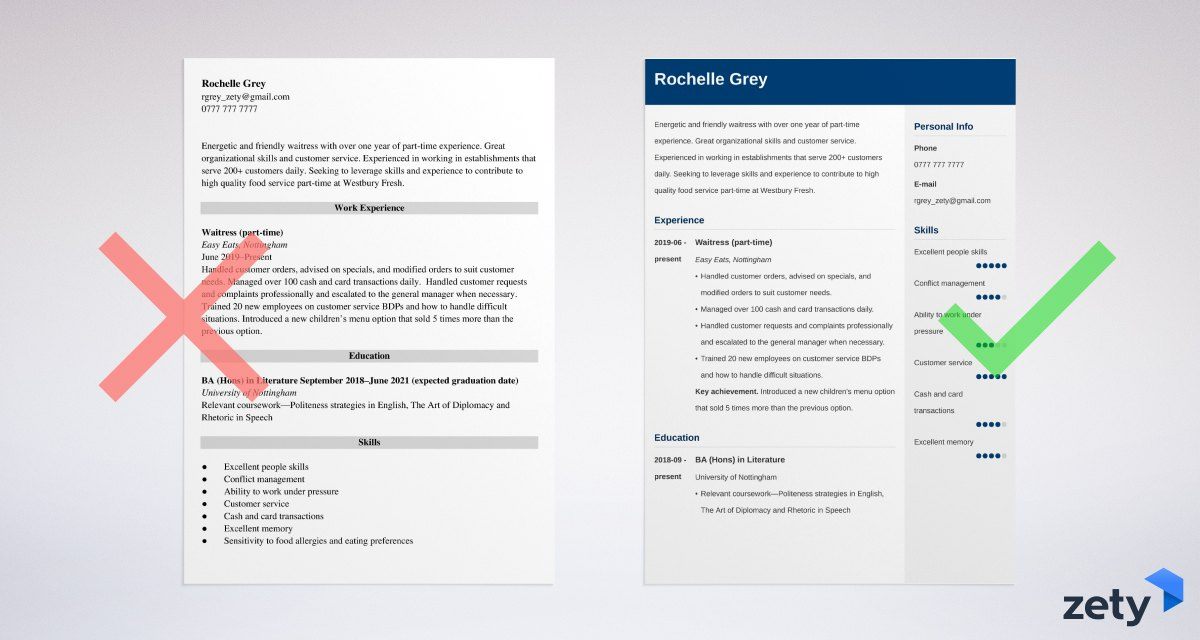How to Write Professional CV
HOW TO WRITE THE PERFECT CV by Pierre
In the highly competitive job market you only have seconds to make an impression with your CV to determine whether it will lead to an interview or not. CV’s are initially scanned briefly, not read, due to large volumes of CV’s being received by HR departments or employers, and it is in these brief moments that the decision is made on whether to discard or keep your CV. How to Write Professional CV
IMPORTANT POINTS TO REMEMBER:
•Check your spelling, punctuation and grammar; more opportunities for an interview are lost through this kind of carelessness than you can imagine!
•Limit your CV to two A4 pages – your CV is teaser aimed at getting the employer to want to interview you in order to find out more.
•Keep it simple, brief, and concise.
•Tailor your CV to align with the job or position as advertised.
•Use bullet points and leave enough white space between headings on the page to make it easy to read.
•Use a decent size font and stick to the standard fonts like Times New Roman or Arial.
•When emailing your CV, save it in a format that will make it easy to find for the employer or HR department, such as: CV John Smith
•Don’t use abbreviations that will not be recognisable to an HR department or employer.
•Be honest! Lies will catch up with you should you land the interview.
COVER LETTER:
Your cover letter is your opportunity to briefly express why you would like to be considered for the position advertised. Make your points in short paragraphs professionally laid out, conveying a positive attitude, in a way that will reveal your level of communication skills. Always thank the prospective employer for their time and express that you look forward to hearing from them.
CONTACT DETAILS:
- List your name, current address, telephone number and email address clearly. Use an email address that does not look unprofessional.
PERSONAL STATEMENT:
- Express what you have to bring to the position advertised and how your skills would translate and apply to it. Work on 25 to 30 words.
WORK HISTORY:
- List your job title, company name and dates, starting with your most current position. Use bullets and give a brief 2 or 3 line overview of your job descriptions, keeping sentences short and punchy.
EDUCATION & QUALIFICATIONS:
- List your relevant qualifications or highest level of education obtained first, followed by the rest.
- Use bullet points to list qualifications and certificates that pertain to the job application specifications as advertised.
REFERENCES:
- When references are required, send a separate page on which you can list your references that include the name, job title, company, phone and email address for each of your referees. If not required, state that references are available on request.
- Always make sure that your referee’s are aware that they may be contacted.
Always remember that it is worth taking the time to tailor your CV to the position advertised in order to make those first few seconds count.
Interesting article for job seekers
